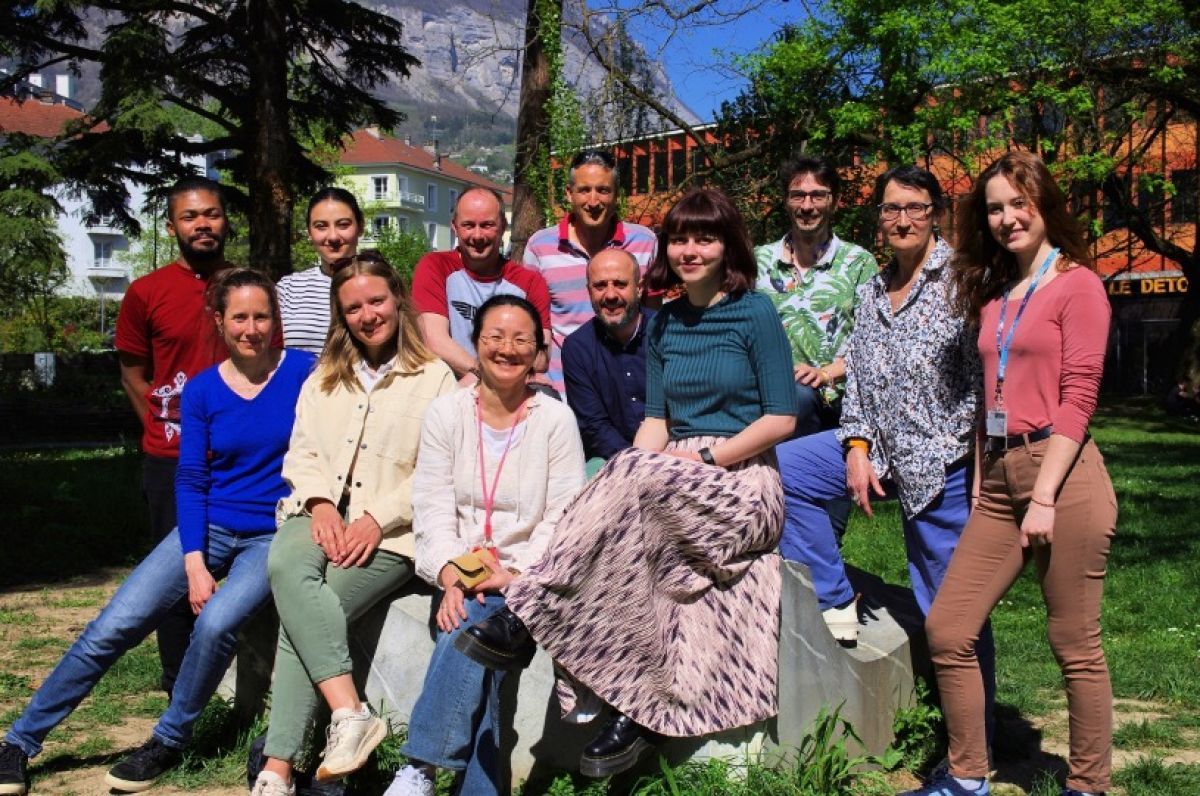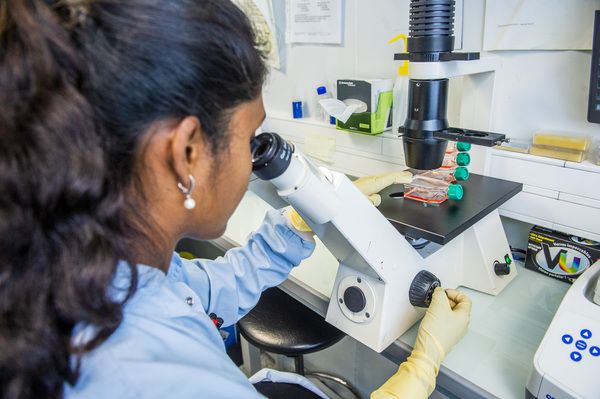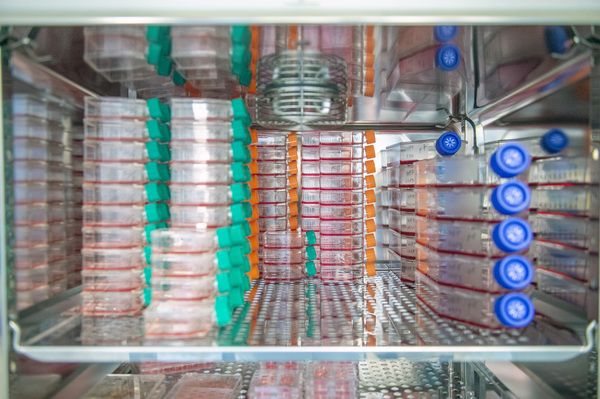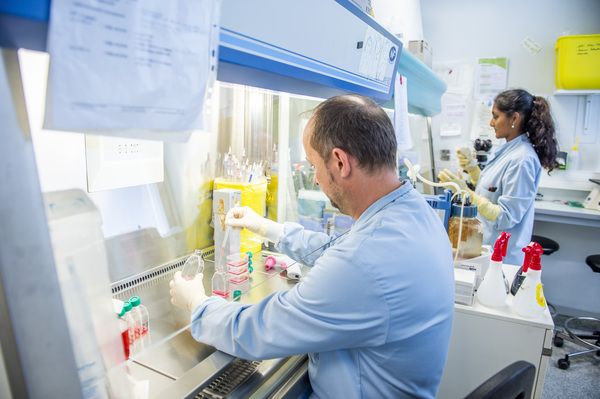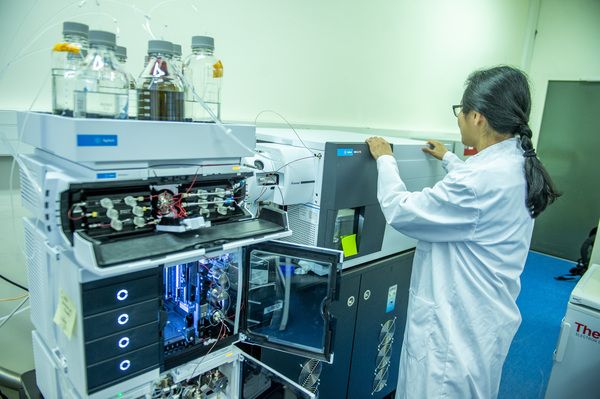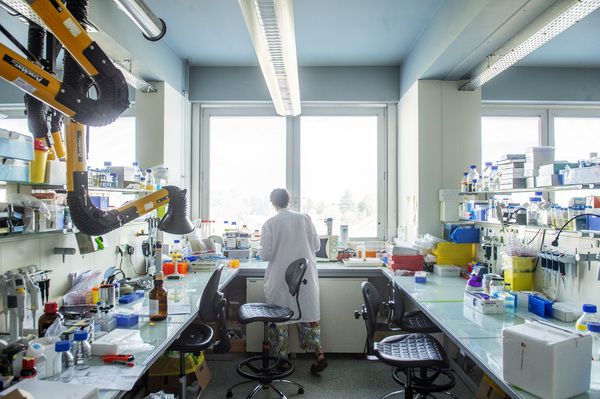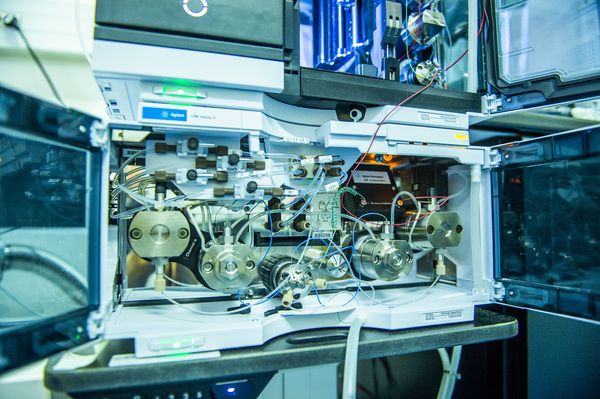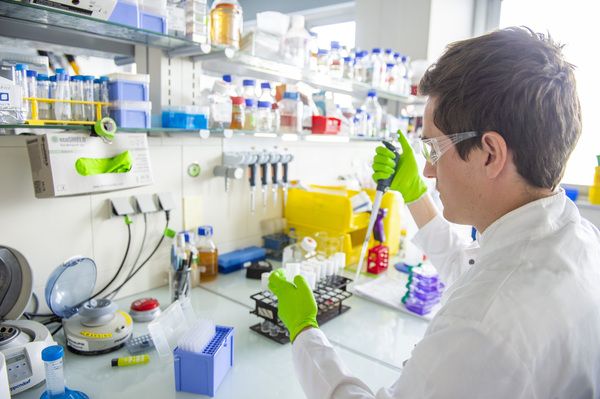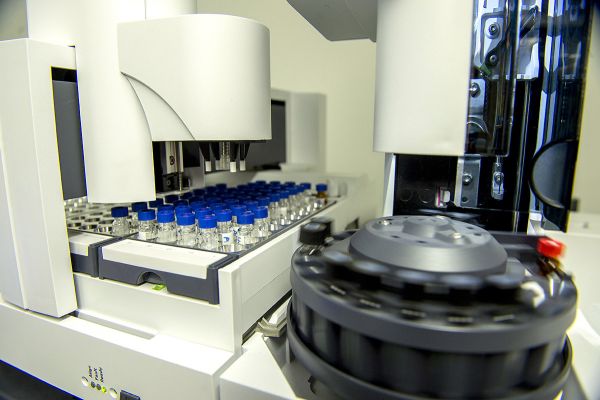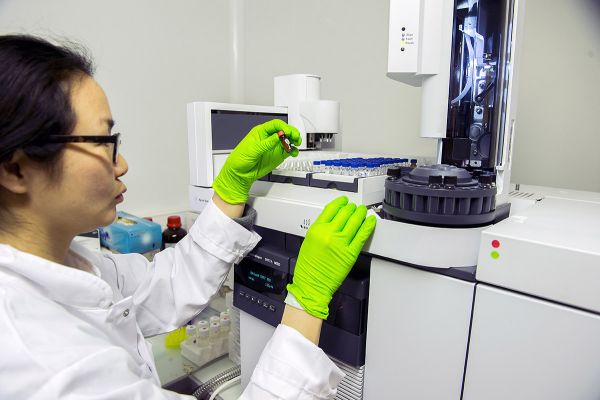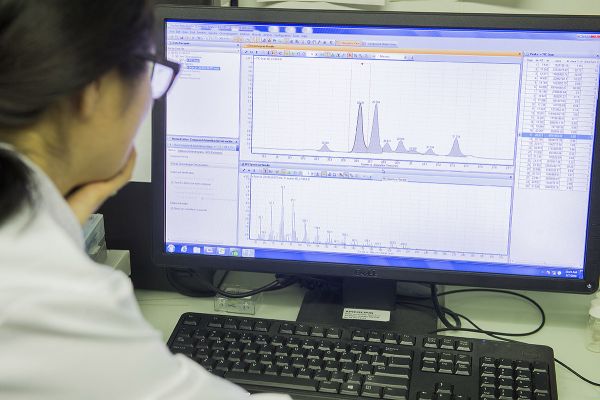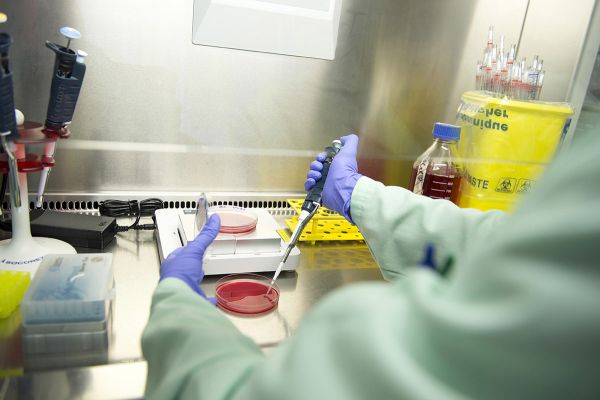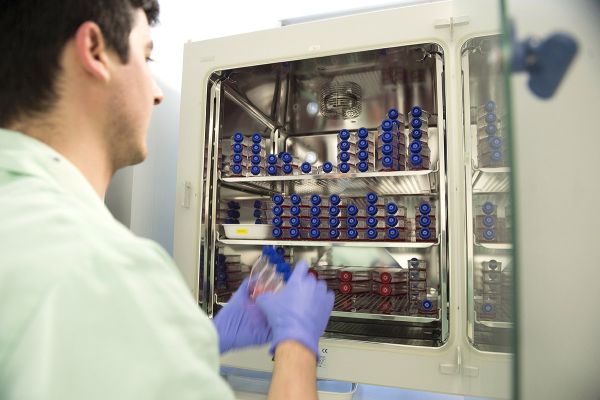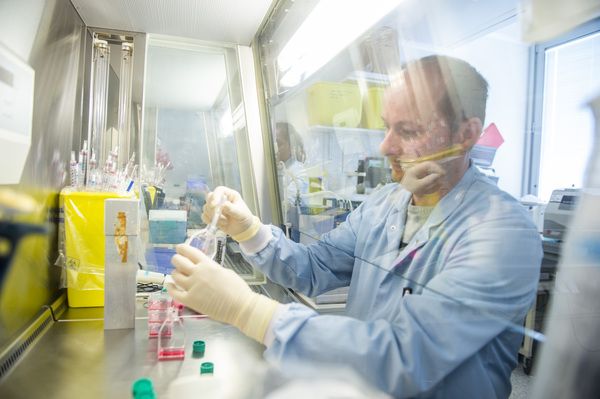Équipe
Apicolipide
Dpt: Environnement, Reproduction, Infections, Cancer
Nos activités de recherche
Our team focuses on understanding the metabolic interactions between infectious pathogens and their human hosts. We have a particular interest in determining how Apicomplexan parasites acquire lipids and nutrient essential for their propagation and survival within their host cells. Our growing expertise in lipid synthesis, membrane biogenesis, sustained by state-of-the-art lipidomics & metabolomics allowed us to expand our original interests and boundaries. We thus extended our initial focus on the lipid metabolism of a larger panel of pathogens-causing diseases, as well as general metabolic disorders
Apicomplexa are unicellular eukaryotes and pathogenic agents responsible for major human diseases such as Toxoplasmosis, major chronic disease affecting ~1/3 of the world population and a lethal threat to immunocompromised patients, and (ii) malaria affecting 250 millions people/year, killing ~1/2million/year, mainly children. The renewal of our therapeutic arsenal needed for the eradication of these diseases depends on deciphering metabolic pathways that sustain parasite survival within the host and its environment.
Current evidences all point at lipid synthesis and membrane biogenesis as crucial pathways for parasite intracellular development.
Major biological questions remain and focus our current attention (i) how are lipids acquired, remodelled and trafficked from the host cell to the parasite and between parasite intracellular compartments? (ii) what is the input of scavenged vs de novo synthezised lipids? (iii) what are the mechanisms of lipid fluxing and trafficking from these two pathways? (iv) how does parasites sense and regulate these pathways to adapt to physiological changes of host nutritional and environmental conditions? (v) what are the parasite lipid signals required for intracellular development?
Our laboratory have set up major facilities and equipements that includes a P3* cell culture facility (MESRI-HCB), and a fully independent lipidomic-fluxomic platform encompassed within our P3* (http://gemeli-uga.fr/GEMELI.html), both parts of the core facilities of our Institution at the Université Grenoble Alpes. Our robust expertise and facilities thus allow us to conduct large metabolomics and lipidomics analyses beyond our central scope, on infectious diseases and other models, to determine metabolic signatures or monitoring metabolite fluxes. We currently lead major collaborative projects with national and international partners , notably through CNRS and INSERM IRP (IRP CNRS 2023/IRP INSERM 2024 University Melbourne/WEHI, CEFIPRA ICGEB New Dehli…).
Nos axes de recherche
Cet axe de recherche a pour but de comprendre comment les parasites Apicomplexa, Toxoplasma gondii et Plasmodium falciparum, peuvent ressentir l’état nutritionnel de leur hôte et réorchestrer leur programme métabolique en fonction de la disponibilité en nutriments de l’hôte.
L’acquisition et le trafic lipidique sont des voies essentielles au développement et à la survie intracellulaire des parasites. Nous avons montré que l’apport en lipides dépendait de traffics non vésiculaires au niveau de sites de contact membranaires. Cet axe a pour but d’identifier et comprendre les sites de contacts membranaires clés au sein du parasite ainsi qu’entre le parasite et sa cellule hôte.
La survie des parasites intracellulaires Apicomplexa (Plasmodium, Toxoplasma) et Trypanosomidae (Trypanosoma, Leishmania) dépend de l’acquisition de lipides en masse. Nous avons montré que, de manière générale, ces lipides doivent être stockés dans les gouttelettes lipidiques des parasites et sont mobilisés spécifiquement lors de la division. Cet axe a pour but de révéler comment et dans quelles conditions les gouttelettes lipidiques des parasites son formées et mises à disposition pour la survie des parasites.
Nos publications majeures
Voir toutes les publicationsNos activités en images
Nos collaborations
- • Prof Geoff McFadden, University of Melbourne (IRP/LIA CNRS 2022, INSERM 2024)
- Prof Malcolm McConville, University of Melbourne (IRP/LIA 2022, INSERM 2024)
- Dr Asif Mohmmed, ICGEB New Delhi (CEFIPRA collaboration, IRP CNRS 2025)
- • Prof Pawan Malhotra, ICGEB New Delhi (CEFIPRA collaboration, IRP CNRS 2025)
- • Dr Jeroen Saeij, UC Davis, USA (Collaboration ANR)
- • Dr Sebastien Besteiro, LPHI Université Montpellier (Collaboration ANR)
- • Dr Francesca Giordano, I2BC Saclay (Collaboration ANR)
- • Prof Oliver Nüsse/Dr Marie Érard, I2BC Paris Saclay (Collaboration ANR)
- • Prof Pushkar Sharma, National Institute of Immunology, New Delhi (Collaboration IRP CNRS 2025 India)
- • Dr Loïc Rivière UMR5234 Université Bordeaux (Collaboration ANR)
- • Dr Catherine Lavazec, Institut Cochin, Paris (Collaboration ANR)
- • Dr Gearld Spaeth, Pasteur Paris
- • Dr Laurence Berry, LPHI Université Montpellier
- • Dr Chris Tonkin, WEHI Melbourne
- • Dr Jan Janouskovec, Institute of Microbiology of the Czech Academy of Sciences
- • Dr Eric Maréchal, Dr Juliette Jouhet, LPCV CEA Grenoble
- Amato, Alberto, Morgane Michaud, LPVC, CEA Grenoble
Nos technologies
- • Lipidomique (ciblée et non ciblée), GCMS Agilent 7890B; LCMSMS QQQ Agilent 6495c
- • Fluxomique : Marquage aux Isotopes stables et analyses Métabo-/lipidomiques pour la mesure des flux métaboliques
- • Metabolomique (ciblée et non ciblée)
- • Biochimie des Lipides (TLC, extractions, marquages, separations…)
- • Cultures cellulaires infectieuses (L2, L3*, Plasmodium falciparum, Toxoplasma gondii, agents infectieux pathogènes, cellules humaines, cancer…)
- • Biologie Moléculaire (CrispR-Cas9, inducible KO and KD, endogenous tagging…)
- • Cellular Biology (fluorescent microscopy: epi-, confocal-, fluorescent lipid fluxes, TurboID, Highthrouput image analyses, 3D renderings…)
